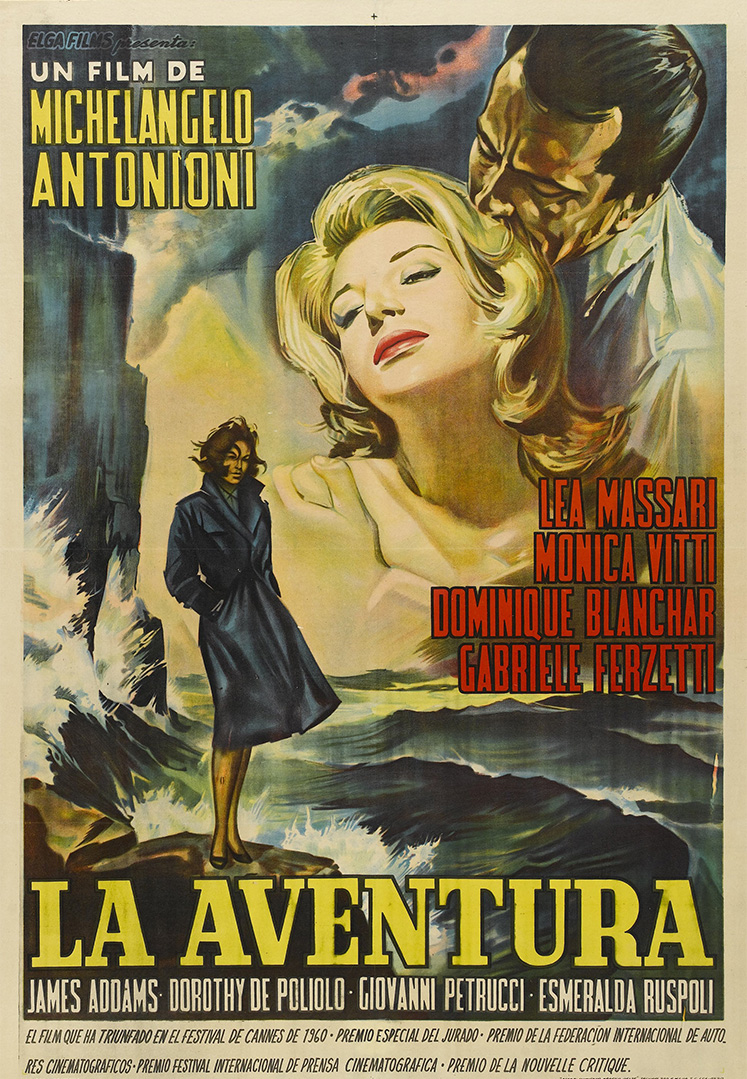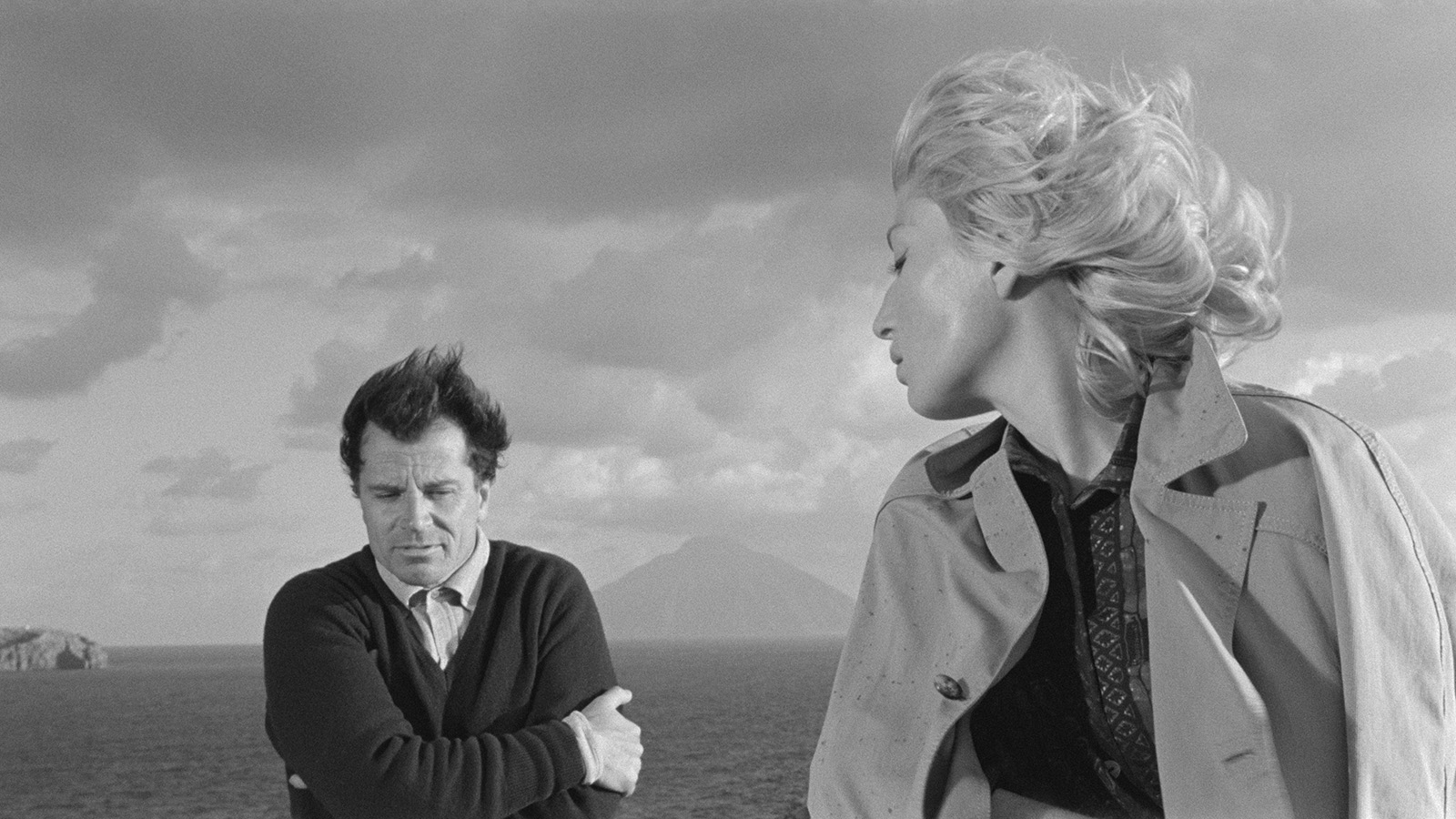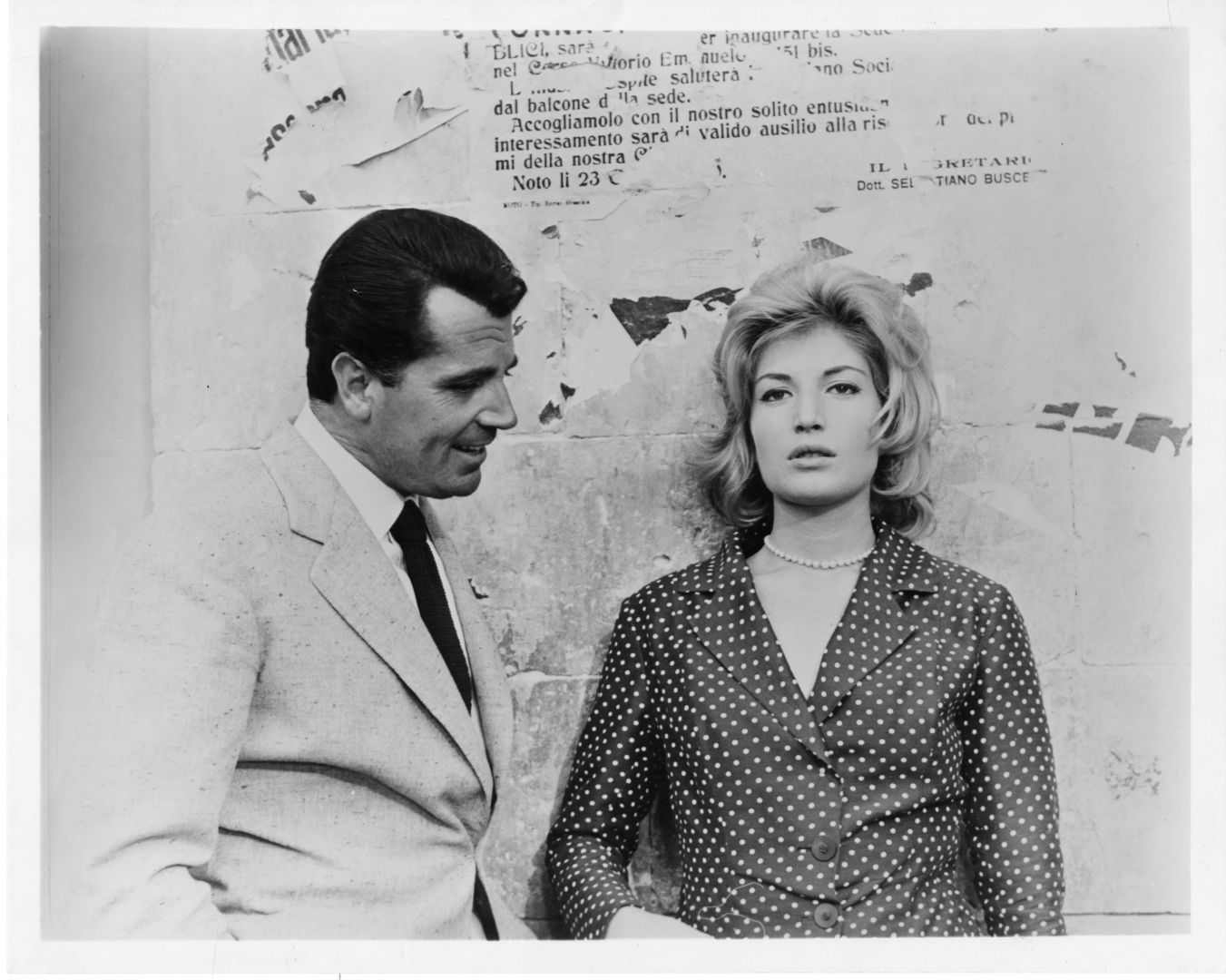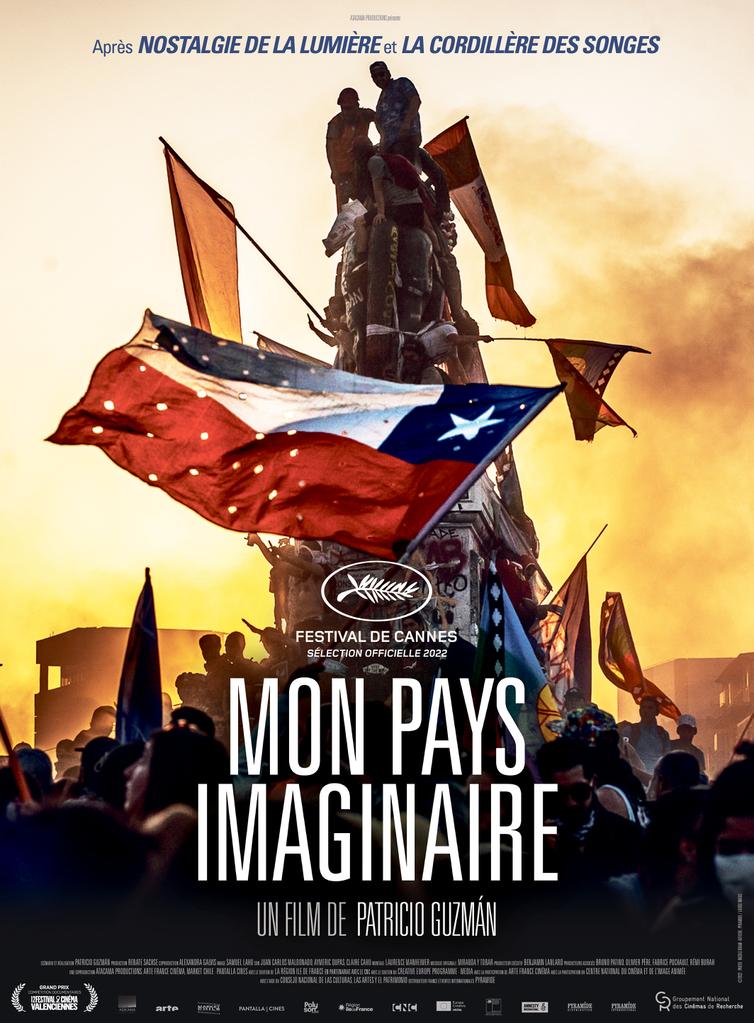L’avventura
Making lists is an activity moviegoers are fond of. Every year, the same ritual: compilation of the ten best films, with comparative analyses, debates, heated discussions. But what about the ultimate list of the most outstanding films in the history of cinema? That is to say, those films that must be seen, those that have forever transformed the art of cinema, but also our way of seeing a culture, of understanding the world as well as our own lives? This program aims to tackle this challenge with nearly eighty films, produced between 1916 and 1960, while waiting for your lists!
After her disappearance on an island, Sandro goes in search of his fiancée, helped by Claudia, with whom he ends up falling in love...

Michelangelo Antonioni
Michelangelo Antonioni (29 September 1912 – 30 July 2007) was an Italian film director, screenwriter, editor, and painter. He is best known for his "trilogy on modernity and its discontents"—L'Avventura (1960), La Notte (1961), and L'Eclisse (1962)—as well as the English-language films Blowup (1966) and The Passenger (1975). His films have been described as "enigmatic and intricate mood pieces" that feature elusive plots, striking visual composition, and a preoccupation with modern landscapes. His work substantially influenced subsequent art cinema.






